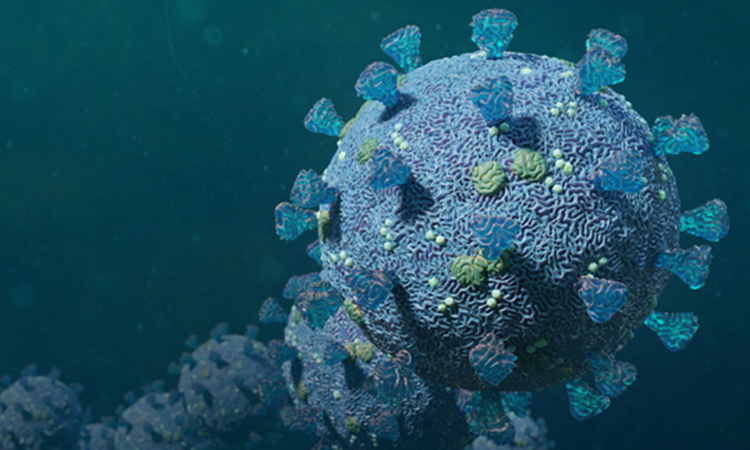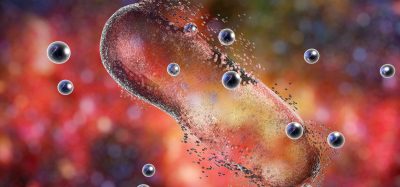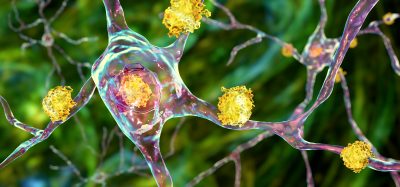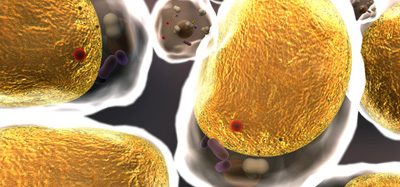Antisense oligonucleotide with potential to combat COVID-19 developed
Posted: 11 March 2021 | Victoria Rees (Drug Target Review) | No comments yet
Scientists have designed a compound named ASO-1 that could help to reduce immune response overactivation in patients with COVID-19.


Scientists from Nanyang Technological University (NTU), Singapore, have created a compound that could help to reduce the body’s immune response overactivation without impairing its entire reaction, including when fighting COVID-19.
According to the researchers, an overactive immune system leads to many autoimmune disorders such as rheumatoid arthritis and type 1 diabetes. More recently, it has also been linked to severe COVID-19 infections, in which immune-system signalling proteins ramp up to dangerous levels, leading to damage to the body’s own cells.
The team discovered their molecule from over 200 compounds, which were designed based on their in-house expertise on nucleic acids. The compound designed by the team, called ASO-1, targets tyrosine kinase 2 (TYK2), a member from the Janus kinase (JAK) family of enzymes that play a key role in regulating the body’s immune response. Recent studies have shown that high levels of TYK2 have been associated with severe COVID-19.
ASO-1 is an antisense oligonucleotide (ASO). ASOs are a type of RNA therapeutics – they target the messenger RNA (mRNA), which carries genetic instructions that cells ‘read’ to make proteins. ASO-1 is designed to bind to TYK2 mRNA, thus preventing cells from producing TYK2 protein.
Through lab experiments using human cells grown in a dish, the scientists found that ASO-1 potently reduced TYK2 levels over a sustained period and inhibited immune signalling pathways that have been associated with autoimmune disorders. They also observed that the compound had no effect against other JAK proteins.
“ASO-1 could be a therapeutic agent worth investigating further. We are planning to conduct further pre-clinical work to validate its therapeutic potential,” said Dr Lim Kah Wai, co-lead author of the study.
The findings on COVID-19 were published in ImmunoHorizons.
Related topics
Drug Development, Drug Discovery, Drug Leads
Related conditions
Covid-19
Related organisations
Nanyang Technological University (NTU)
Related people
Dr Lim Kah Wai








